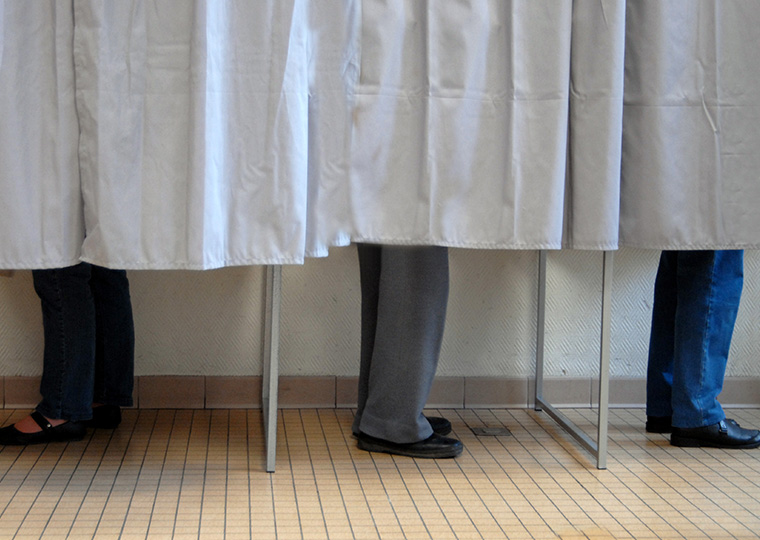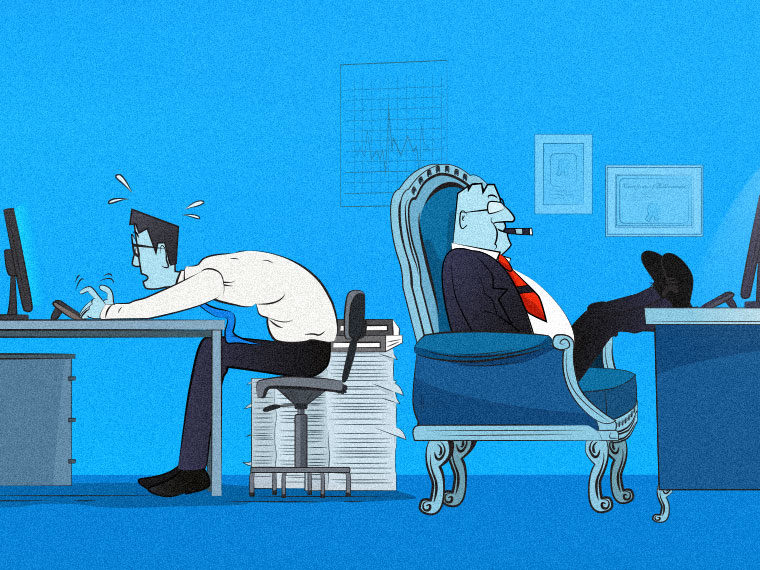Topic: Compensation

Most Job Seekers Skip Negotiation — and Pay a High Price
Even in lucrative fields, candidates leave money on the table by taking the first offer

A Bonus of Added Vacation Time Feels Better Than a Monetary Bonus
Time off as a reward makes people feel more human

Tech Workers Take Much Lower Pay to Ditch the Office
Offers of remote work far more valuable to job seekers than employers seem to understand

As Tipping Booms Online, How Can Platforms Maximize Their Take?
A conundrum: When others’ tips are visible, users make larger tips to keep up. But they tip more often when tips aren’t displayed online

The Role of Board-of-Directors Pay in Effective Corporate Investing
A model juggles who should suffer when a project goes awry; job market prospects of the CEO; and the quality of information shared in the boardroom

Was Research — on Physicians and Noncompete Agreements — Before Its Time?
Years after a paper goes unpublished, it’s fodder for a major Federal Trade Commission proposal

The High Cost of Losing a Minimum Wage Job
Contrary to assumptions, low-wage workers lose substantial income in years after layoff

Trying Out Bonus-Pay Theory on Unsupervised, Low-Skill Tasks
Incentives boost output, but benefits level off at a fairly low point

Do the Benefits of Pay Transparency Accrue Mostly to Employers?
Revealed compensation might motivate workers to do more, without a raise

Tracking Product Trademarks Expands Understanding of Innovation
R&D outlays and patents alone don’t effectively measure corporate creativity

Reimbursing Candidate Campaign Contributions Makes Elections More Competitive
Incumbents in France are reelected less often when all candidates can be repaid for personal outlays

Matching Incentives with the Right Relationship
The kind of reward matters less than the type of connection between giver and recipient

Who Does — and Doesn’t — Suffer From Lack of Competition for Workers
Nurses, cosmetologists and other professionals find wages suppressed more than many lower-skilled workers

Does Cross Ownership By Big Investors Make Industries Less Competitive?
Examining executive pay tied to revenue growth to identify any correlation

‘Fight for 15’ Debate: What Happens after a Big Boost in Minimum Wage?
Modest loss of jobs followed 1966 law, but millions won substantial raises

Employee or Capitalist? Equity Compensation Merges the Two
Labor’s losses to capital, much studied, aren’t quite as grim when stock and options are tabulated